"unhealthy for sensitive groups" when the AQI value for particle pollution is between 101 and 150; "unhealthy" when it is between 150 and 200; "very unhealthy" when it is between 201 and 300; and "hazardous"
On Friday, January 12, in the morning, Dhaka is ranked fifth among all cities in the world with the poorest air quality.
The air quality index rated the air in Dhaka as "unhealthy" at 9:50 am, with an AQI score of 185.
The top three places were taken by Wuhan, China, Karachi, Pakistan, and Kolkata, India, with AQI scores of 191, 214, and 291, respectively.
The air quality is classified as "unhealthy for sensitive groups" when the AQI value for particle pollution is between 101 and 150; "unhealthy" when it is between 150 and 200; "very unhealthy" when it is between 201 and 300; and "hazardous" when it is 301 or higher, posing major health risks to locals.
The AQI, a daily air quality indicator, tells people how clean or dirty the air is the air of a certain city is and what associated health effects might be a concern for them.
The AQI in Bangladesh is based on five pollutants: particulate matter (PM10 and PM2.5), NO2, CO, SO2, and ozone.
Dhaka has long been grappling with air pollution issues. Its air quality usually turns unhealthy in winter and improves during the monsoon.
As per World Health Organization (WHO), air pollution kills an estimated seven million people worldwide every year, mainly due to increased mortality from stroke, heart disease, chronic obstructive pulmonary disease, lung cancer, and acute respiratory infections.



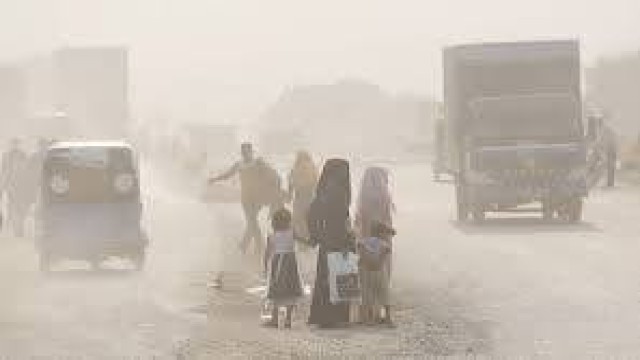


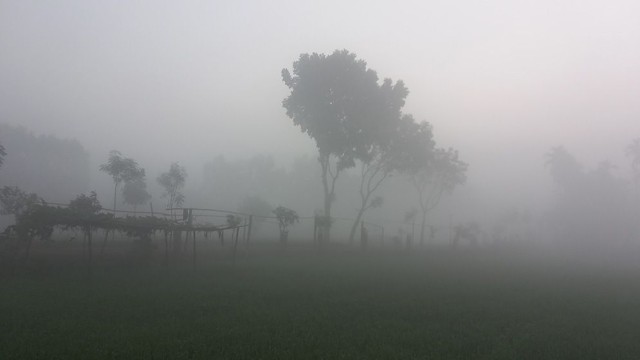
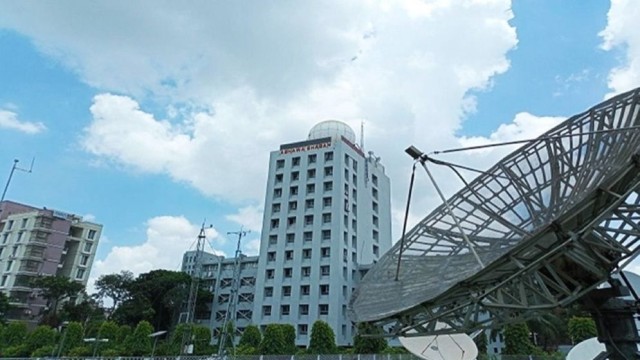
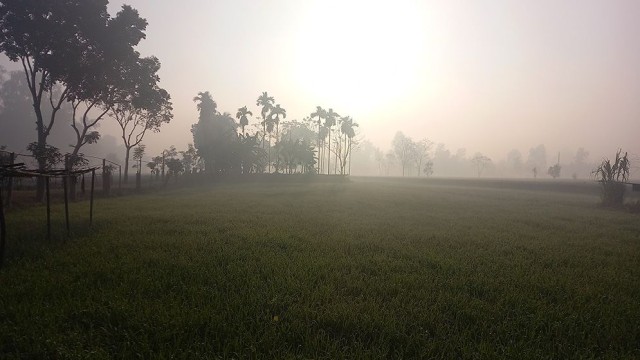
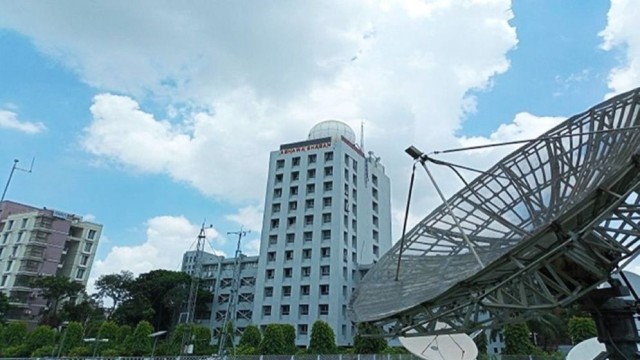








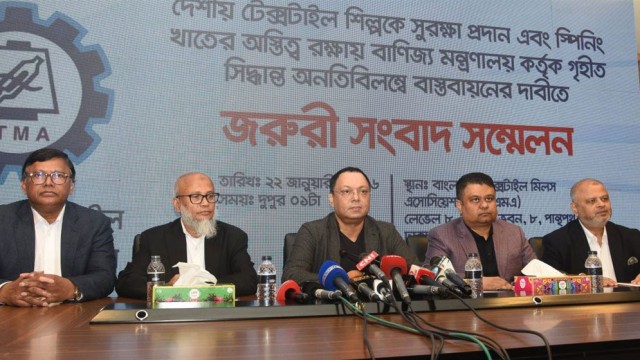












Comment: